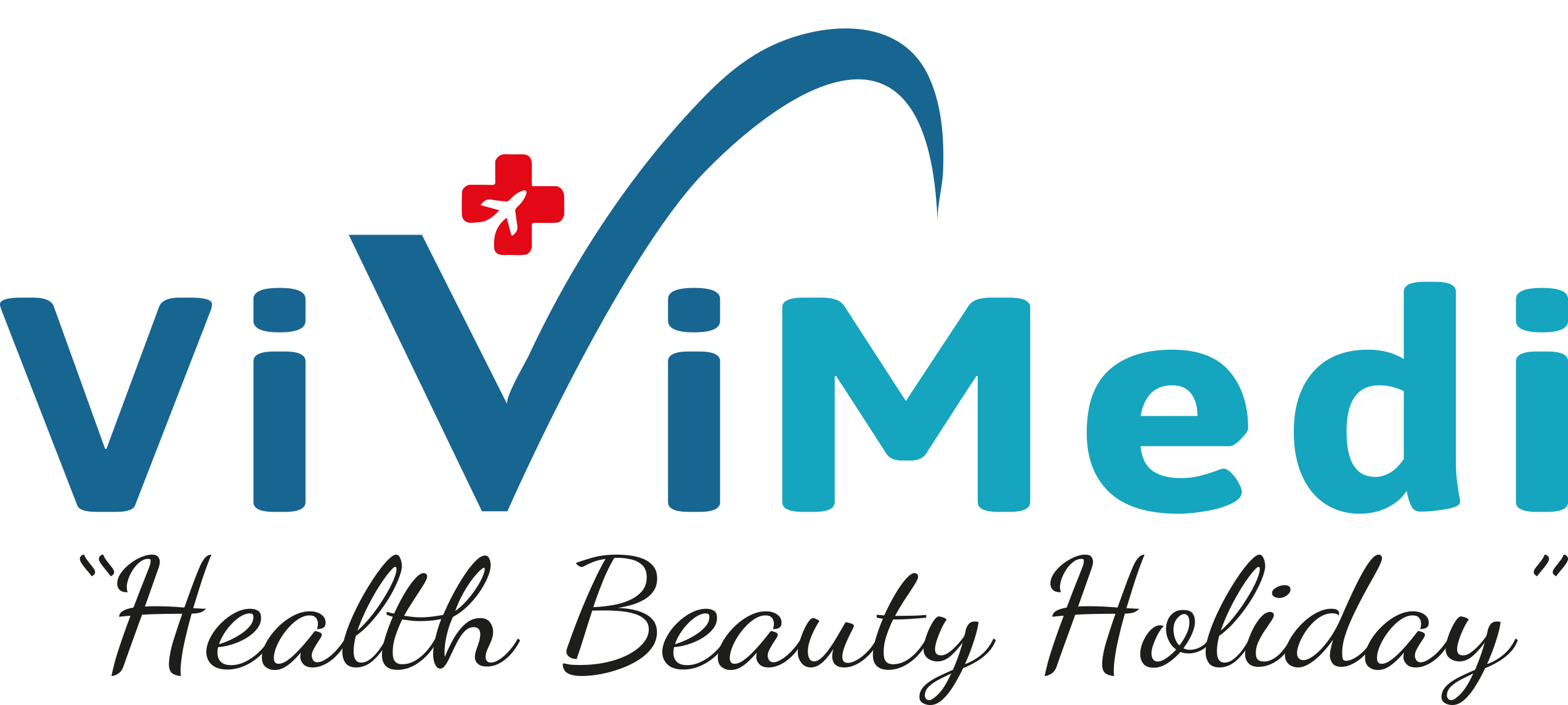Buccal Fat Removal in Turkey
Buccal Fat Removal in Turkey
Cheek Reduction
What is a Buccal Fat Removal in Turkey
Buccal fat removal in Turkey is essentially cheek reduction surgery where the buccal fat is removed, as the name implies. The buccal fat pad, which comprises of tissue and fat lobules, is located directly behind the cheekbones. This procedure may be carried out on both men and women and is an effective remedy for individuals who have ‘chipmunk’ cheeks or protruding jowls.
Your face should seem smaller and more sculpted consequently giving it better proportions. The sole age restriction is that you must be at least 18 years old, even though it’s commonly done on people in their mid-20s to mid-40s. Patients over the age of 40 are not recommended for the procedure since by this time we all naturally start to lose fat around our faces. Although it can be done in conjunction with other procedures like a facelift, liposuction, or a nose job, the technique is often done on its own.
Depending once again on the patient, the procedure should last an hour to 90 minutes. Usually, either general anesthesia or mild sleep sedation will be used (both administered through an IV). Oral regional or local anesthesia, however, is a choice that is conceivable.
Who is a good candidate for buccal fat removal?
Surgery to remove buccal fat is a highly specialized treatment. Patients who are concerned about large or chubby cheeks may find it helpful. Be careful to do it for yourself and not for anybody else or to attempt to fit into some type of ideal picture if you are thinking about having this treatment.
You could be a suitable candidate for buccal fat reduction if:
- You are in good physical shape, and your weight is steady.
- You set reasonable goals.
- You don’t smoke.
- You don’t like the way your fat cheeks look.
Who Can Perform It and Where?
Buccal fat removal should, like other surgical operations, be carried out by a certified plastic surgeon with experience in the technique who you have studied and had the surgery verified. The procedure should be carried out in a hospital or an approved surgical suite, as is the case with other surgeries.
What Are the Risks and Complications?
Scars won’t be noticeable because the incisions are only 2-4 cm long and extend from the cheek to the gum within the mouth. This also implies that, in comparison to many other cosmetic operations, this method is rather less invasive. Your unique health and lifestyle will have an impact on how much swelling and light bruising you really experience. You should anticipate some little discomfort in terms of pain, but any real discomfort should be managed by the medicine that has been recommended for you. If this isn’t the case, you need to speak with your surgeon right away. As is the case with the majority of surgeries, there is a danger of infection. For this reason, it is crucial to completely abide by all post-operative instructions as this will lessen the likelihood of any issues.
Despite the low incidence of problems, this surgery is not without risk. Previous patients have described a long-lasting or even permanent loss of feeling around the incision lines (around the cheekbones and jawline). Asymmetry and a “gaunt” look are two additional possible dangers, both of which can only be fixed by further cosmetic surgery. Due to the drugs taken, some individuals have also lost their eyebrows and eyelashes.
You should have someone there to take care of you during the healing process, like with any operation. You should constantly maintain an elevated position, including while sleeping, for up to two or three weeks.
How Long Will It Take to Recover?
You should be able to return to work three days to a week following surgery, depending on the type of work you perform. Any desk job that doesn’t include a lot of talking will fall within this sort of timeframe. Any additional active tasks could necessitate greater recovery time. Naturally, you should talk about this with your physician before deciding to have the treatment.
After your surgery, you won’t be allowed to perform any activity for around 3 weeks, and it’s very crucial that you don’t elevate your blood pressure because this might hinder the healing process. This implies that you won’t be able to engage in any strenuous activities or sports for at least six weeks.
You are encouraged not to wash your face or use makeup on the first day following surgery, but you can do so the next day. You can only consume soft meals for the first few days after the procedure, and you must chew your food just a little for the first two weeks. Additionally, salty meals must be avoided to minimize edema. In order to prevent anything from getting inside the incisions within your mouth after eating, you should also rinse your mouth with water.
After your procedure, you should prepare to make at least two more appointments. The first will take place 7 to 10 days following your operation to remove the sutures (unless dissolvable ones were used), and the second will be a general check-up three weeks later to make sure you can resume regular activities and light exercise.
What to Do Before Agreeing to Buccal Fat Removal
Communication is essential during the entire cosmetic surgery procedure. You should be entirely honest when revealing your medical history since it may have an impact on a few things, including whether or not you are a good candidate for the operation and how you might react to it. Even seemingly unimportant things like smoking or taking medicine might have a big impact. Always be as comprehensive as you can when sharing facts that can have an impact on your procedure since it’s always better to be safe than sorry.
Keep in mind that having cosmetic surgery is a significant decision with lasting effects. Do a comprehensive study before making any decisions, and don’t sign anything until you’ve spoken with your surgeon and are satisfied with all the information you’ve learned about buccal fat removal.
Pre-Operation Instructions
Your surgeon will provide you preoperative instructions before performing a bichectomy in Turkey. These guidelines are intended to make the procedure as safe and effective as feasible. These general preoperative instructions are provided:
- Avoid smoking!
- Avoid using aspirin and other blood thinners, which can raise the risk of bleeding.
- Before the procedure, one must fast for a predetermined amount of time, usually at least 6 to 8 hours.
Patients must carefully adhere to all preoperative instructions provided by their doctors to get the best outcomes from the bichectomy procedure.
Postoperative Instructions
Here are some general post operative instructions for a bichectomy:
- Rest and avoid any hard physical activity.
- Apply ice packs.
- Take prescribed medications as directed.
- Follow a soft-food diet.
- Keep your mouth clean.
- Avoid smoking and alcohol.
- Attend follow-up appointments.
- Wear compression garments.
- Avoid sleeping in the surgical areas.

